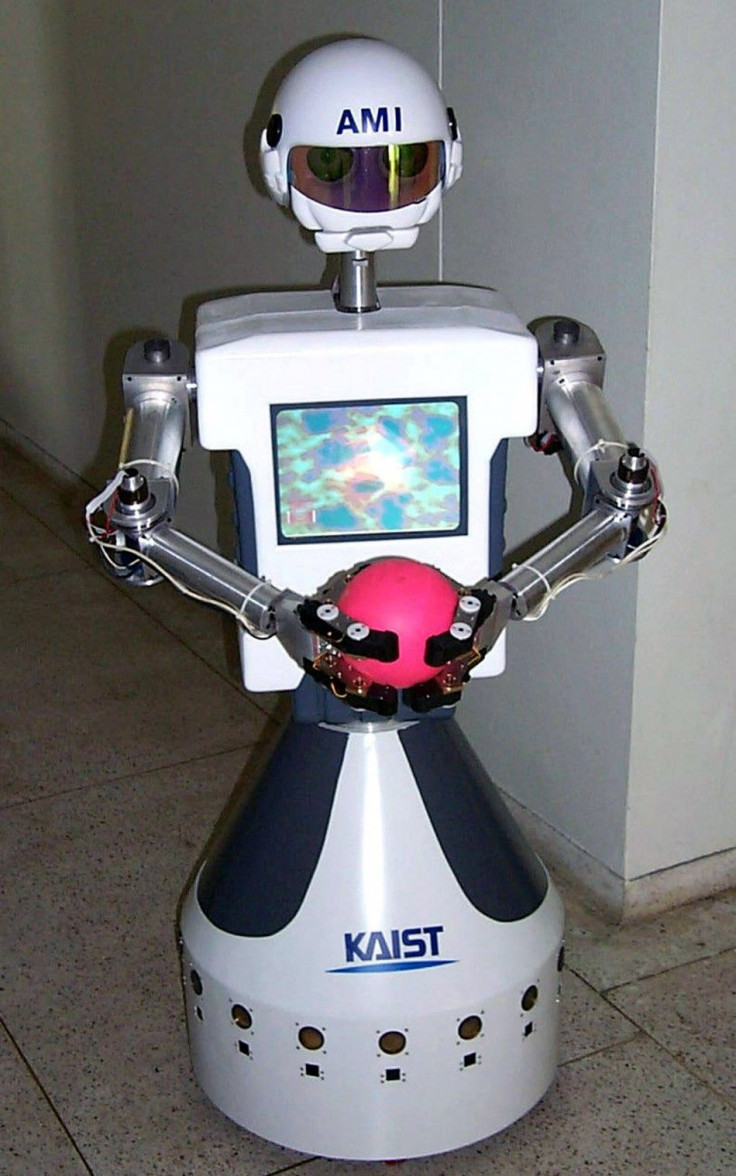Harvard computer scientist wins Turing Award

Leslie Valiant, professor of computer science and applied mathematics at Harvard's School of Engineering and Applied Sciences, has received the 2010 A.M. Turing Award from the Association for Computing Machinery (ACM) for his contributions to the theory of computation, including the theory of probably approximately correct (PAC) learning, computational complexity and the theory of parallel and distributed computing.
Often referred to as the Nobel prize in computing, the Turing award has, since its inception in 1966, honored computer scientists and engineers who created the systems and underlying theoretical foundations that have propelled the information technology industry.
Valiant's work has been hailed for bringing about phenomenal advances in machine learning, artificial intelligence, and other areas of computing practice, such as natural language processing, handwriting recognition, and computer vision.
His 1984 paper A Theory of the Learnable, is believed to have laid the framework for research in the above areas, subsequently paving the way for breakthrough evolutions such as IBM Corp's Watson computing system that recently created waves by defeating human champs in popular television trivia show Jeopardy!
Valiant has been a professor at Harvard since 1982, before which he taught at Carnegie Mellon University, Leeds University, and the University of Edinburgh. He holds a BA in Mathematics from Kings College, University of Cambridge and a Diploma of the Imperial College (DIC) in Computer Science from Imperial College London. He earned a Ph.D. in Computer Science from the University of Warwick.
His work in the field of mathematics and computation has received numerous recognitions and honors - the Nevanlinna Prize from the International Mathematical Union in 1986, the 1997 Knuth Prize from the ACM Special Interest Group on Algorithms and Computation Theory (SIGACT) and the IEEE Technical Committee on the Mathematical Foundations of Computing, to name a few.
In 2008, Valiant received the European Association for Theoretical Computer Science Award. He is a Fellow of the Royal Society (London), a Fellow of the American Association for Artificial Intelligence, and a member of the National Academy of Sciences (USA).
© Copyright IBTimes 2025. All rights reserved.



















